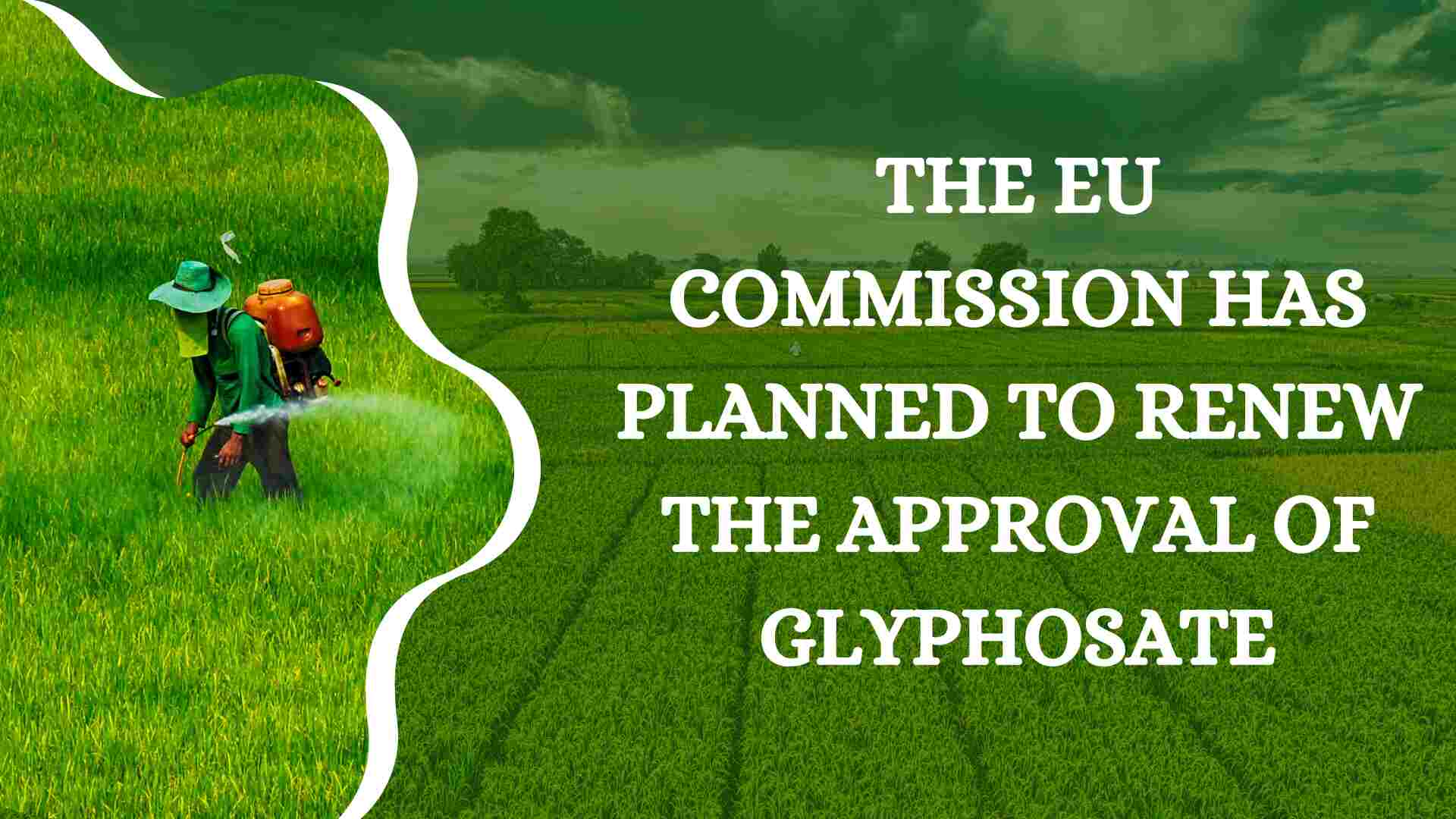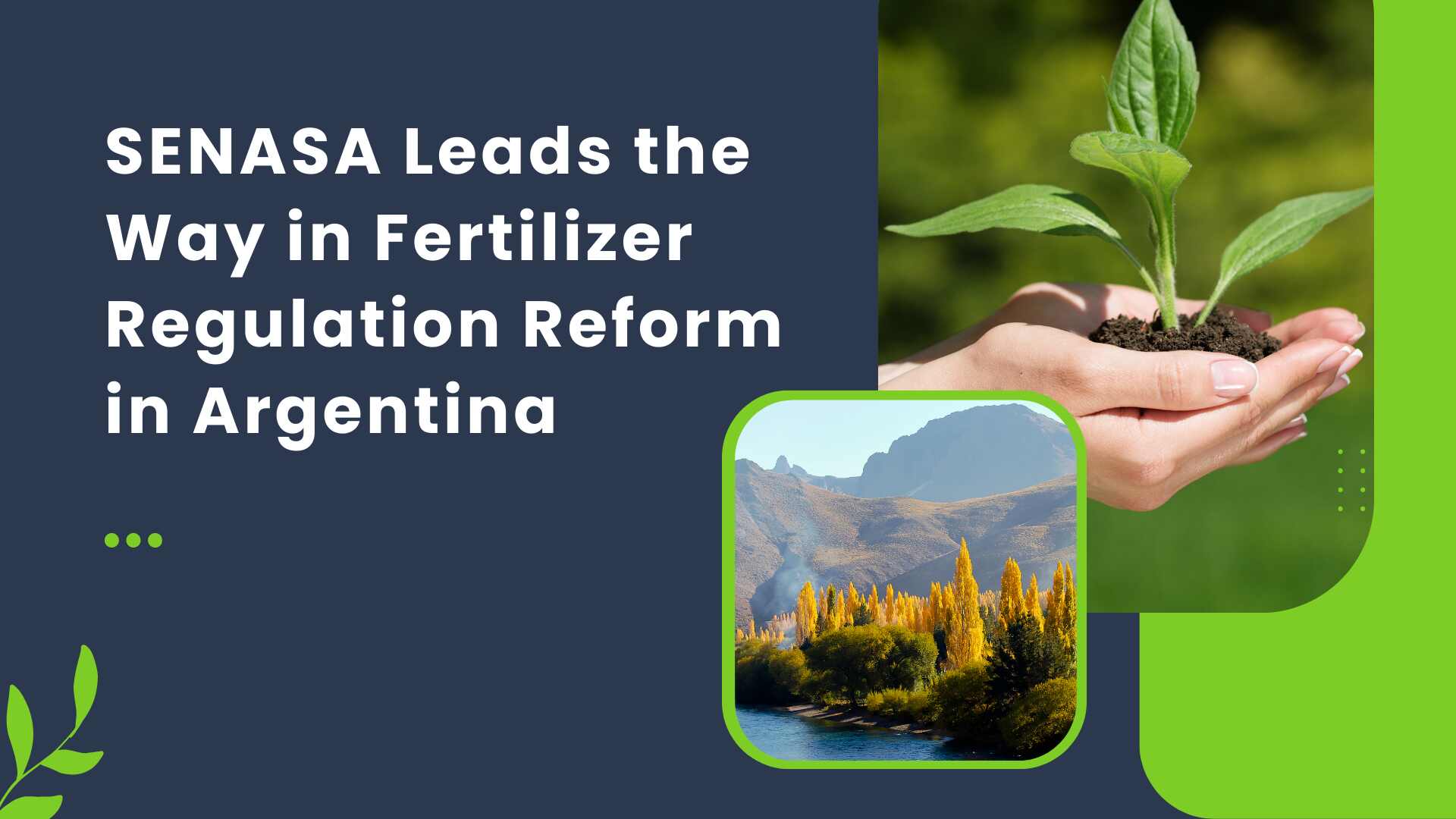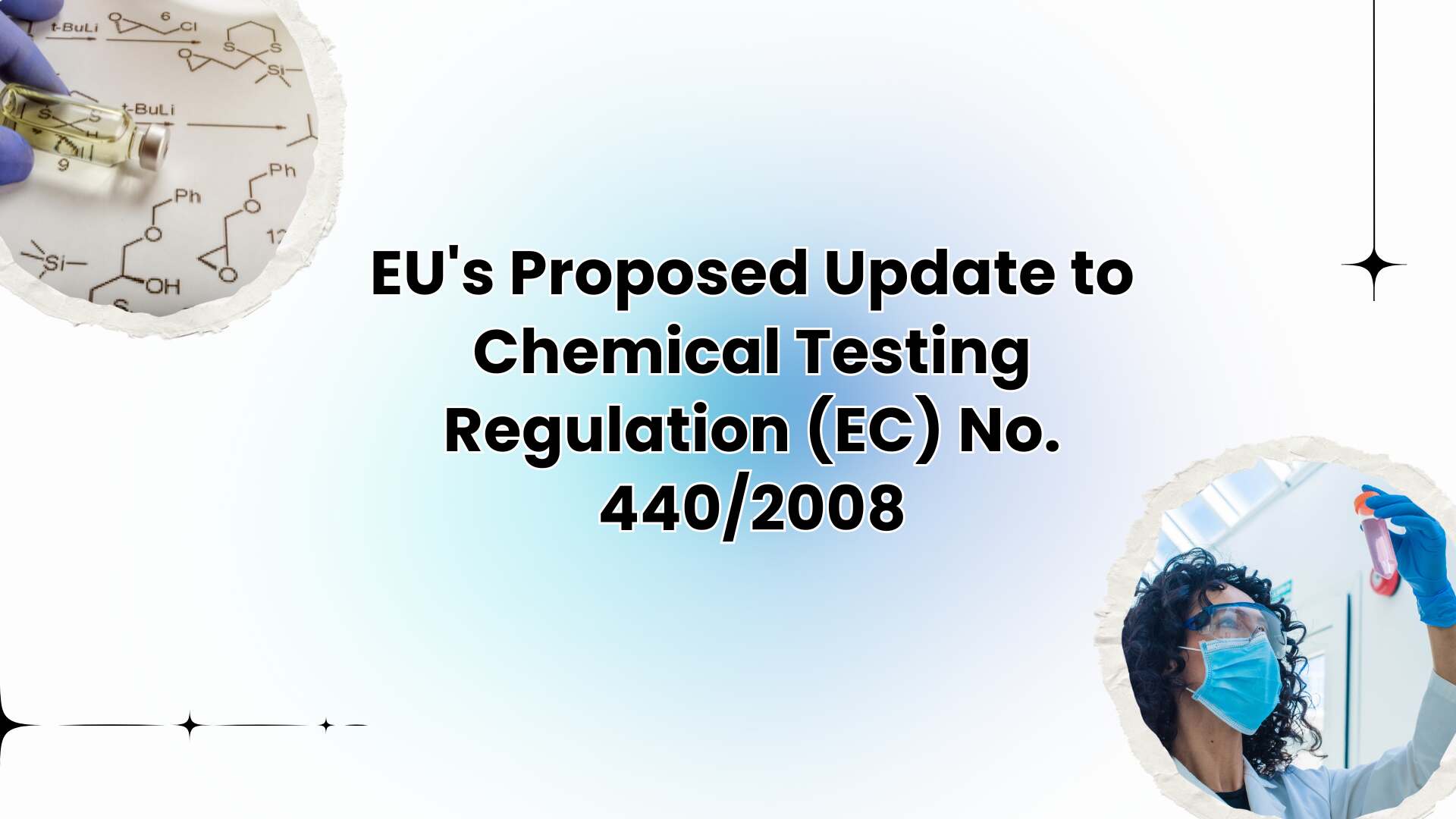The European Commission has planned to ‘renew the approval of glyphosate’, the active ingredient in the popular herbicides for a period of 10 years, in accordance with EU legislation and in the absence of the required majority among member states. Regardless of concerns about the herbicide’s potential link to cancer, the decision is subject to new restrictions aimed at protecting human health and the environment.
European commissions involved:
- European food safety authority (EFSA)
- European Chemical Agency (ECHA)
The safety assessments conducted by EFSA and ECHA. Assessments concluded that glyphosate is unlikely to pose a cancer risk to humans when used as intended. In spite of that, the Commission has placed additional limitations on the use of glyphosate after taking note of the worries expressed by a few member states.
New Rule will cover-
- The new regulations will prohibit the use of pre-harvest application of glyphosate as a desiccant.
- Member states will also have to put policies in place to safeguard non-target organisms, like bees and other pollinators. Member States are responsible for the national authorization of glyphosate-containing plant protection products (PPPs) and retain the ability to limit their use at the national and regional levels based on the results of risk assessments, particularly considering the need to protect biodiversity.
- At the national or regional level, member states will continue to have the authority to further limit or outright prohibit the use of glyphosate.
- Herbicide proponents contend that the new limitations will sufficiently mitigate any possible risks and that the herbicide is a necessary tool for farmers.
You can learn more about the historical factors which influenced the decision to extend the glyphosate‘s renewal period by reading our news covered on July 2023- ‘The Journey of Glyphosate: 2019-2023.’ All you need to know about the journey of Glyphosate: 2019 – 2023 | LinkedIn
The decision of the Commission is an important step toward ensuring the continued availability of this widely used herbicide. The new restrictions will help to
protect human health and the environment while also giving farmers the flexibility they need to effectively manage their crops.









